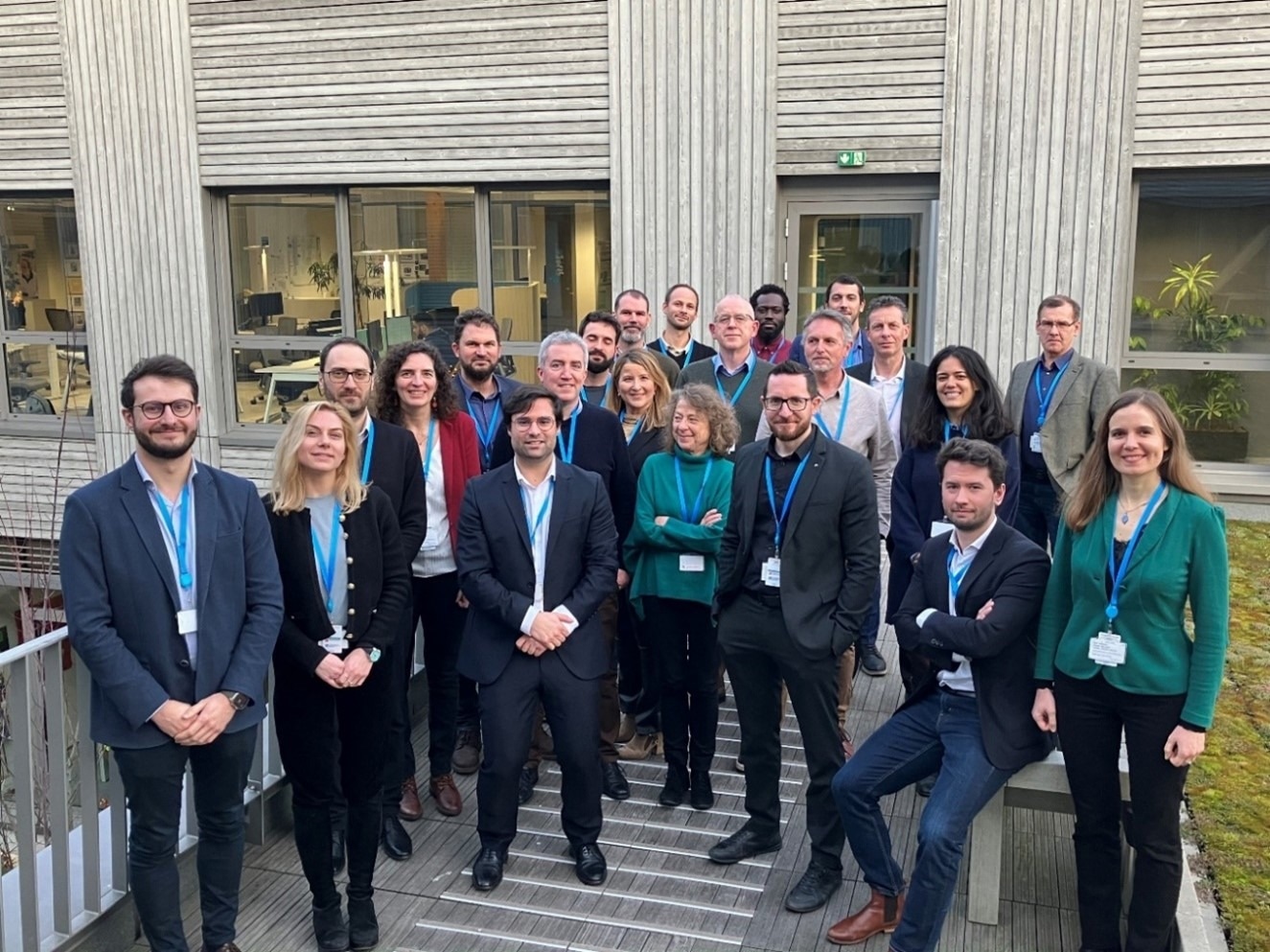The DelHyVEHR project has officially kicked off its start with the goal to make liquid hydrogen distribution viable and therefore making it accessible as a clean energy carrier across various industries. Hosted at ENGIE Lab Crigen in Paris on January 29th and 30th, the project's Kick-Off brought together the consortium of 13 partners, mainly from the industry.

Image Credit: Fives
This 3-years project, coordinated by ENGIE Lab Crigen, the ENGIE Group's research centre on energy transition, is funded by the European Union and supported by the Clean Hydrogen Partnership with a budget of € 5M and a European contribution of € 3.7M. Additionally, this project has received CHF 840k (~€ 866k) funding from the Swiss State Secretariat for Education, Research and Innovation (SERI) and € 1.3M from UK Research and Innovation.
Liquid hydrogen usage could substantially lead to carbon reduction, particularly within heavy-duty applications such as aviation, maritime, and railroad transportation. While existing technologies have paved the way for gaseous hydrogen refuelling for light vehicles, DelHyVEHR aims at addressing the gap in liquid hydrogen distribution infrastructure.
Key objectives of the DelHyVEHR project include the development of a liquid hydrogen (LH2) high-rate refuelling station dedicated to maritime, aviation and railroad applications with delivery flowrate exceeding 5 tons per hour and zero boil-off losses. The project is expected to achieve its demonstration by end 2026. Alongside with market maturity the costs are expected to be divided by 2 by 2030.
The DelHyVEHR consortium, comprising 13 leading partners from 4 countries across the European Union, the United Kingdom and Switzerland spans the entire value chain from component development to system demonstration and assessment. Additionally, the project benefits from the guidance of a distinguished advisory board comprised of global leaders in hydrogen end-user industries. The team consists of the following partners: ENGIE, Elengy, Ariane group, Fives, Absolut Systems, DEKRA, Benkei, TRELLEBORG, CESAME EXADEBIT SA, Ulster University, the Energy Policy Group and ERIG.
With plans to complete demonstration activities by 2027, DelHyVEHR aims to commercialize its technologies by 2029, ultimately establishing 15 refuelling stations by 2030 and scaling up to 81 stations by 2040 to cater to the shipping, aviation, and railroad markets.
For the project DelHyVEHR, Fives will supply the Cryomec® cryogenic pump at the heart of the refuelling station.